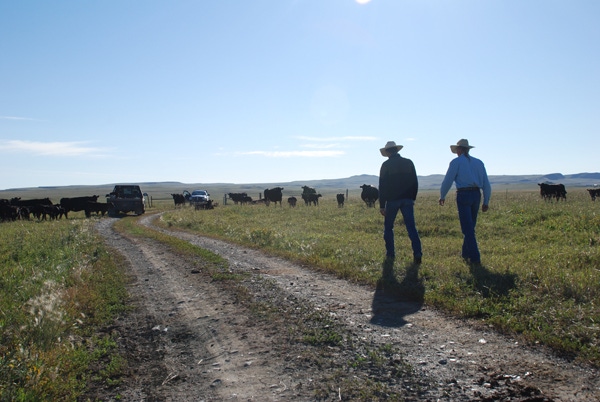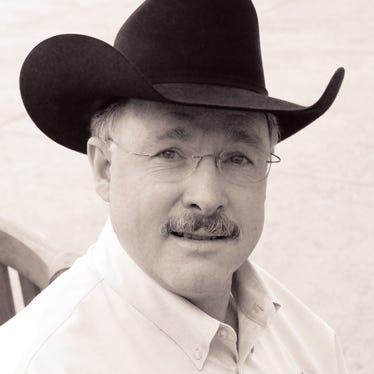Those participating in these intellectual networks have access because they know about the opportunity, and who can be trusted to do the job at hand.
March 6, 2017

I wish I was smarter.
That’s a common thought whenever I have a chance to learn from progressive cattle producers, veterinarians, Extension folks and those in the allied industries. It’s understandably more frequent when attending a meeting like the annual Cattle Industry Convention. From the Cattlemen’s College to the committee meetings, to chats in the hallways and trade show, the collective intellectual asset possessed by the cattle and beef industries is staggering.
In fact, the industry IQ of the progressive types is so high, and the creative thought process so prevalent, that I fear it’s sometimes taken for granted to the point that history and legacy can disappear too easily.
There are some amazingly talented young people coming into this industry, and others a touch older are already carving out their careers. Look around at meetings like the National Cattlemen’s Beef Association, though, and the average age of producers and those supporting their endeavors seem to be edging higher in tandem.
Preserving intellectual legacy demands deliberate care. For the student, asking questions and taking note of the answers now rather than later. For the teacher, creating opportunities to pass along specific knowledge to specific people.
None of that would matter much if the cattle business was about building the proverbial widget, one with static cost and demand. Teach anyone what buttons to push along the production line, and results would be the same time after time. The experience and relationships of those pushing the buttons would make little difference.
Thankfully, that’s not the case with cattle, and those on a never-ending quest to understand more about them, their production, their marketing and all of the rest. Instead, there are gargantuan differences in genetic merit and phenotypic outcomes between individual cattle, matched by the ability to widen or narrow those differences with things like selection and management.
There are also vast differences in the abilities of people applying the management and selection, developing and explaining the tools directed at differentiating outcomes.
Intrinsic skill might have something to do with it, but mostly the differential seems to revolve around things like experience, passion and education. Of course, book learning and college degrees aren’t the same as practical education and knowledge.
In every case, I’d argue the latter is the product of a hand-me-down relationship. Able and respected mentors pass along some of what they know. The one mentored passes that along with his or her own knowledge to the next generation, and so on.
Consequently, the primary line of individual differentiation is defined by relationships — who teaches who what, and the attendant network fostered by individuals.
When I was younger, that dog-eared maxim, “It’s not what you know, but who you know,” made my blood boil. It suggested to me that no matter how hard you tried at whatever endeavor, someone less talented, less willing to work or less committed could beat you because they simply had the right connections.
Though I continue to abhor nepotistic occurrences, I came to understand the positive reality associated with that old saying. Only a sloth or a dolt would ignore the opportunity to meet with and learn from the top players in his or her field.
Inherently, those who take advantage of such opportunities have an advantage, compared with those who don’t. Amid such networks, opportunities present themselves. Those participating in these intellectual networks have access because they know about the opportunity, and who can be trusted to do the job at hand.
The most successful operations and organizations seem to inherently understand the value of these human differences. They never treat a trusted partner, employee, ally, friend like a widget.
About the Author(s)
You May Also Like





